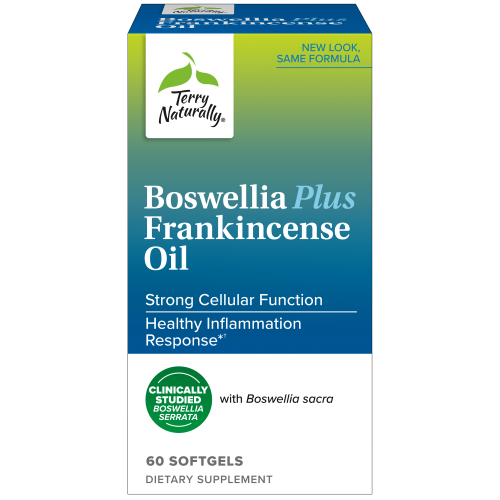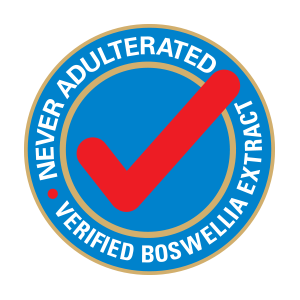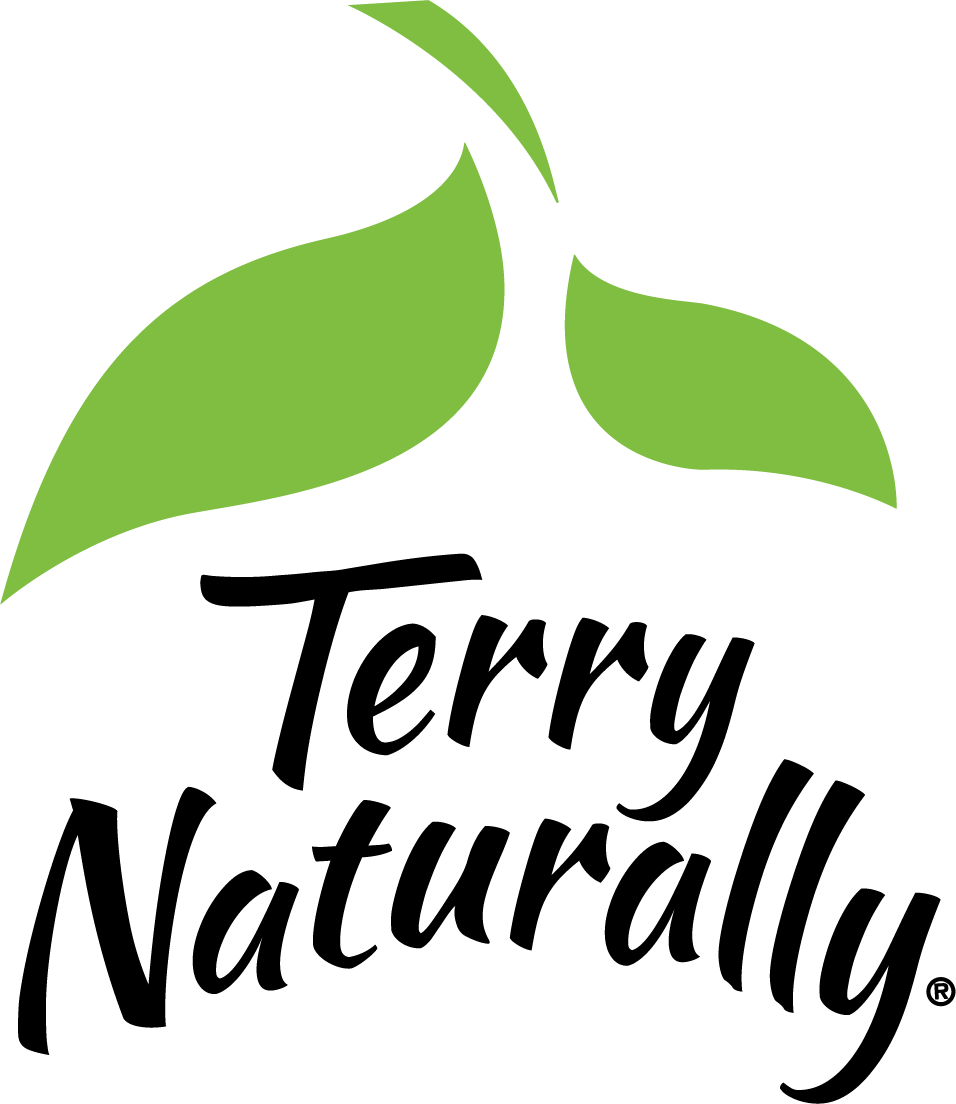Boswellia Plus Frankincense Oil

Strong Cellular Function
Healthy Inflammation Response*†
- SKU
- boswellia-plus-frankincense-oil
Product Description
- Strong cellular function
- Healthy inflammation response†
- Joint comfort and mobility*
A Wise Choice for Healthy Cells*
When the goal is protecting your cells from the risk of oxidative damage, it takes not just one, but two beneficial compounds to get the best results. Boswellia Plus Frankincense Oil delivers two scientifically validated ingredients. Together, they can protect your cells from the risk of oxidative damage.*
Scientifically Validated Ingredients
Boswellia has been a vital component of Ayurvedic medicine for thousands of years. Unique among botanicals, it supports certain pathways in the body better than other compounds. Our boswellia is clinically studied and uniquely standardized to provide more AKBA—an important compound—and virtually no pro-inflammatory beta-boswellic acid.
Frankincense oil is a treasured herbal ingredient known for its support of overall health and cellular protection.*^ Our frankincense oil is concentrated and undiliuted to deliver a full spectrum of benefits.

Supplement Facts
Supplement Facts
| Ingredient | Amount/Serving | Daily Value |
|---|---|---|
| Proprietary Complex | 300 mg | ** |
Boswellia (Boswellia serrata) Gum Resin Extract (BOS-10®) standardized to contain ≥ 70% total organic boswellic acids with AKBA ≥ 10%, with ≤ 5% beta-boswellic acids, Frankincense (Boswellia sacra) Gum Resin Oil ** Daily Value (DV) not established. |
||
If pregnant or nursing, consult your healthcare practitioner before use.
FAQ
Frequently Asked Questions
What makes BOS-10® boswellia different from other boswellia supplements?
How does boswellia support health in so many ways?*
Is your boswellia sustainably sourced?
Yes. The boswellia we use is grown traditionally in India and harvested under the oversight of the Department of Forestry, which carefully controls harvest frequency and other issues of sustainability. The boswellia family contains over 20 species, and each species may be subject to different sustainability concerns. We only use Boswellia serrata and Boswellia sacra that is sustainably harvested and therefore does not contribute to the problems facing other species of boswellia.


